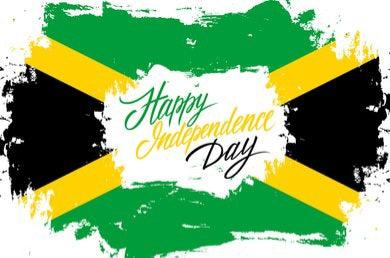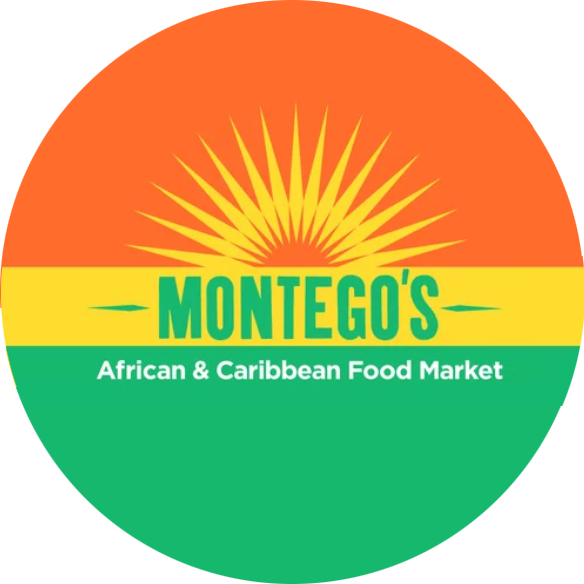
Jamaica: Independence Struggles and Visionary Leaders
Share
Jamaica, a Caribbean powerhouse renowned for its reggae music and cultural vibrancy, gained independence on August 6, 1962. The journey to independence was shaped by influential figures such as Norman Manley and his cousin Alexander Bustamante, who played instrumental roles in leading the country towards self-governance.





The struggles for independence in Jamaica were multifaceted and deeply rooted in the desire for social justice, economic empowerment, and national identity.

The country sought to break free from the chains of colonialism and establish a society that prioritized the welfare and aspirations of its people.
Norman Manley, a visionary leader and one of Jamaica's national heroes, played a pivotal role in the fight for independence. As a lawyer and politician, he championed social and economic reforms and advocated for the rights of the working class. His leadership and charismatic personality inspired a sense of unity and hope among the Jamaican people.

Alexander Bustamante, a respected trade unionist and political leader, also made significant contributions to Jamaica's independence movement. He fought for the rights of workers and championed social justice. Bustamante's populist approach and ability to connect with the masses garnered widespread support and helped propel the nation towards independence.
Jamaica's cultural impact on the world stage is undeniable. The island's music, particularly reggae, has transcended borders and influenced global popular culture. The iconic Bob Marley, along with other talented musicians, brought the rhythms and messages of Jamaica to the world, spreading themes of love, unity, and social change. The annual Reggae Sumfest attracts music enthusiasts from far and wide, solidifying Jamaica's reputation as the birthplace of reggae music.

In the years following independence, Jamaica faced various challenges, including economic inequality, crime rates, and political instability. Efforts have been made to address these issues through economic reforms, social programs, and initiatives aimed at promoting sustainable development. The tourism industry, with its breathtaking beaches, lush mountains, and rich cultural heritage, has played a crucial role in generating revenue and employment opportunities for Jamaicans.

Visionary leaders, such as Michael Manley and Edward Seaga, who emerged in the post-independence era, further shaped Jamaica's trajectory. Michael Manley, the charismatic leader of the People's National Party, implemented social policies focused on education, healthcare, and land reform, with the goal of empowering the working class and narrowing socio-economic disparities. Edward Seaga, the leader of the Jamaica Labour Party, promoted economic liberalization and foreign investment to stimulate growth and development.

Jamaica's journey towards independence and its subsequent development as a nation exemplify the resilience, creativity, and spirit of its people. While challenges persist, Jamaica continues to strive for progress, guided by the principles of self-determination, social justice, and cultural pride. The nation's vibrant culture, rich history, and influential leaders serve as a constant source of inspiration, shaping the aspirations and dreams of future generations.
